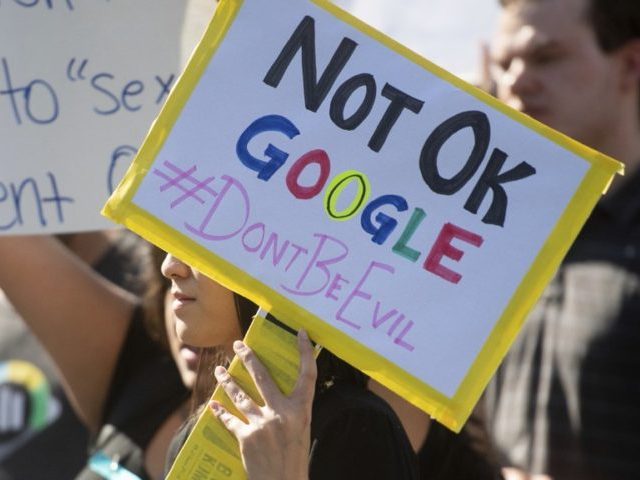The National Labor Relations Board (NLRB) Office of the General Counsel has concluded that the actions Google employee Kevin Cernekee, who complained on an internal social networking platform about the company’s diversity policies, were protected in the National Labor Relations Act. According to the federal agency, Google’s policies were “unlawfully broad.”
HRDive reports that the NLRB’s Office of the General Counsel stated in an advice memorandum released on February 14 that Google employee Kevin Cernekee, who complained on an internal social networking platform about the company’s diversity policies, was engaging in activity protected by the National Labor Relations Act (NLRA).
The advice memorandum stated that the employee’s comments “sought clarification from management about workplace rules, and protested the treatment of employees who hold unpopular viewpoints regarding the [e]mployer’s workplace diversity initiatives.” The NLRB notes that although the comments were “somewhat insensitive towards women and minorities in light of the conversation’s context, no employer would reasonably believe that permitting such comments could lead to a hostile work environment.”
The office stated that Google violated the NLRA by issuing the employee with a final written warning over the posts, the NLRB also noted that Google’s workplace rules were “unlawfully overbroad.” The office advised that “a nationwide notice posting to remedy the violations is appropriate.”
HRDive commented on the advice memorandum stating:
The type of communication NLRB described qualifies as concerted activity protected by the NLRA, said the agency, unless “the conduct significantly disrupts work processes, constitutes racial or sexual discrimination or harassment, or creates a hostile work environment.” And, as the NLRB noted in this case, this right extends even to comments that may be considered insensitive to protected groups.
In a similar case involving Google, however, the NLRB reached the opposite conclusion: Another employee who complained about Google’s diversity policies was found to have engaged in both protected and unprotected conduct, and Google was deemed to have fired him solely for the unprotected conduct. In that case, the employee’s comments — which included arguments about biological differences between men and women, including women being prone to “neuroticism” — crossed over into violating Google’s harassment and discrimination policies.
Importantly, NLRA concerted activity protections apply even in non-union workplaces. For example, employers have found themselves in hot water after trying to limit or prohibit employee conversations about pay and benefits. These conversations are also protected when they happen online rather than face-to-face.
Read the full report at HRDive here.
Lucas Nolan is a reporter for Breitbart News covering issues of free speech and online censorship. Follow him on Twitter @LucasNolan or email him at lnolan@breitbart.com

COMMENTS
Please let us know if you're having issues with commenting.